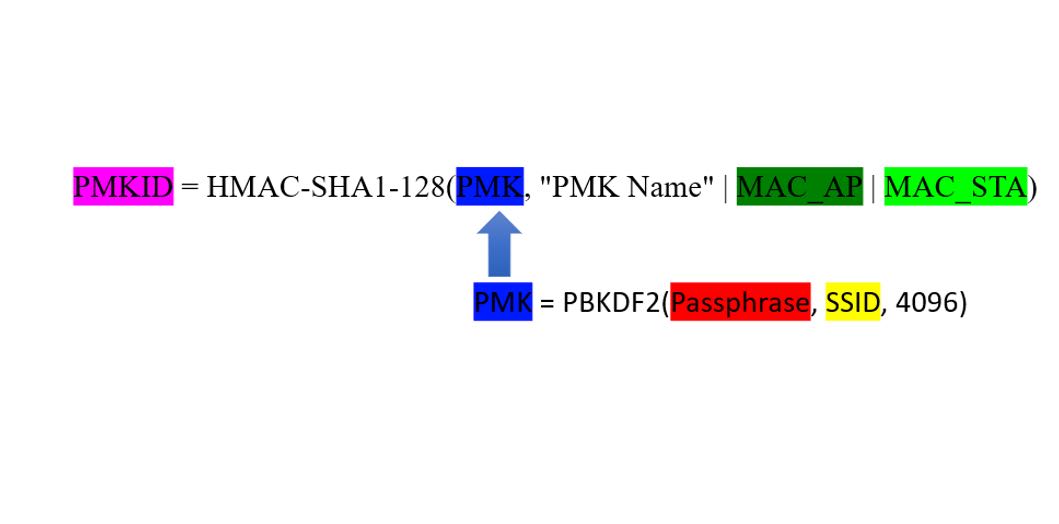

"Passwordless authentication methods such as phone as a token and/or FIDO2 security keys are now commonly available. "Companies and users need to treat these developments as a wake-up call to end their overblown reliance on passwords," said Veridium's chief revenue officer, Rajiv Pimplaskar.
 Look out for an increase in spam and phishing emails through which attackers try to use your leaked email address to scam you.Īnd though passwords continue to seem like a necessary evil, other more secure authentication methods are available, especially for organizations. Enable multifactor authentication on any accounts where this method is offered. Consider using a password manager to create, store and apply strong and secure passwords for your online accounts.
Look out for an increase in spam and phishing emails through which attackers try to use your leaked email address to scam you.Īnd though passwords continue to seem like a necessary evil, other more secure authentication methods are available, especially for organizations. Enable multifactor authentication on any accounts where this method is offered. Consider using a password manager to create, store and apply strong and secure passwords for your online accounts. 
If you know or even suspect that one of your accounts was caught in a data breach, change your password immediately.Sites worth trying include Have I Been Pwned, Firefox Monitor, and Avast Hack Check.
 Use a reputable data leak checker where you can enter your email address to find out if your account may have been caught in a breach. "Our own investigation of this report has shown that quite a large number of accounts passwords are recycled from previous breaches and not necessarily active."įor now, users concerned about leaked passwords and other sensitive information are urged to take a few actions, as advised by CyberNews. "Any password leaks of large volumes are always alarming to hear and should be taken seriously," said Blue Hexagon CTO and co-founder Saumitra Das. The only bright spot is that many of these passwords may be from inactive accounts or have since been changed. The 2021 version of RockYou contains so many passwords because it tapped into a host of leaked databases from the past, including the Compilation of Many Breaches (COMB), which revealed more than 3.2 billion unique pairs of emails and passwords in clear text. In this incident, the 32 million leaked passwords had been stored in an unencrypted format, making it easy for hackers to obtain them through brute force. The forum user named the collection RockYou2021, which CyberNews said it believes is a reference to the 2009 RockYou data breach in which social game developer RockYou was hit by an attack that exploited a SQL injection flaw.
Use a reputable data leak checker where you can enter your email address to find out if your account may have been caught in a breach. "Our own investigation of this report has shown that quite a large number of accounts passwords are recycled from previous breaches and not necessarily active."įor now, users concerned about leaked passwords and other sensitive information are urged to take a few actions, as advised by CyberNews. "Any password leaks of large volumes are always alarming to hear and should be taken seriously," said Blue Hexagon CTO and co-founder Saumitra Das. The only bright spot is that many of these passwords may be from inactive accounts or have since been changed. The 2021 version of RockYou contains so many passwords because it tapped into a host of leaked databases from the past, including the Compilation of Many Breaches (COMB), which revealed more than 3.2 billion unique pairs of emails and passwords in clear text. In this incident, the 32 million leaked passwords had been stored in an unencrypted format, making it easy for hackers to obtain them through brute force. The forum user named the collection RockYou2021, which CyberNews said it believes is a reference to the 2009 RockYou data breach in which social game developer RockYou was hit by an attack that exploited a SQL injection flaw.








 0 kommentar(er)
0 kommentar(er)
